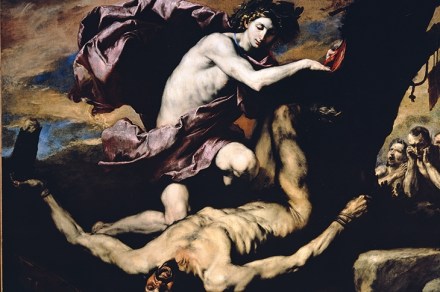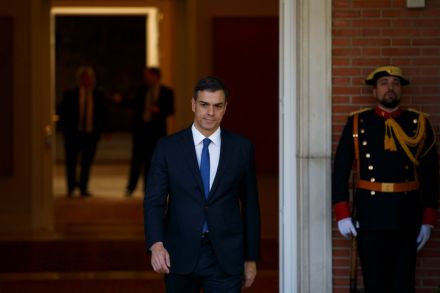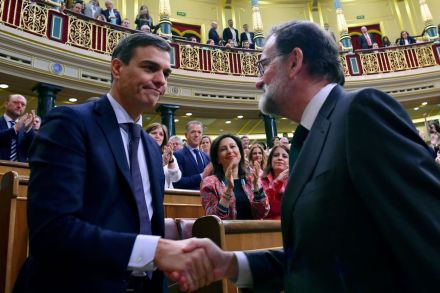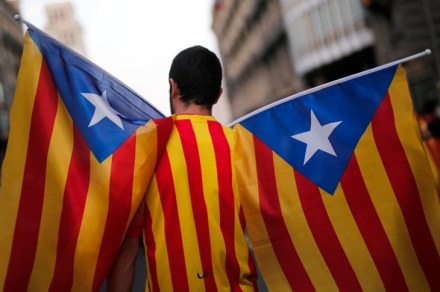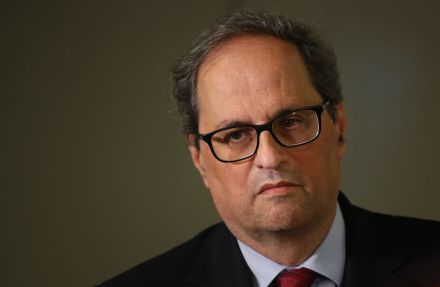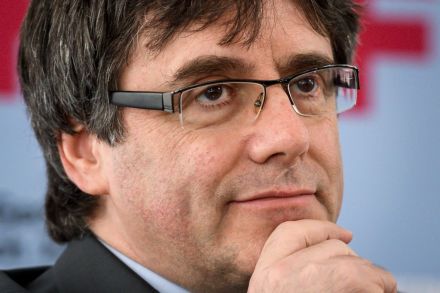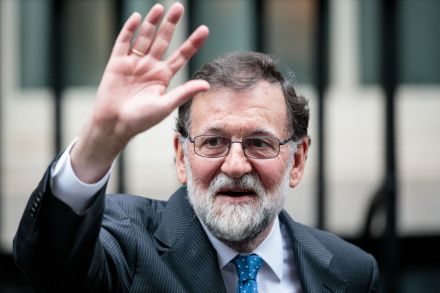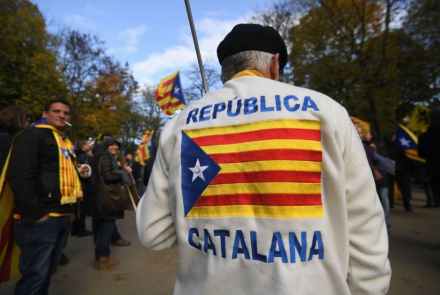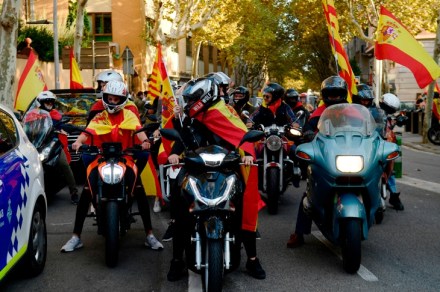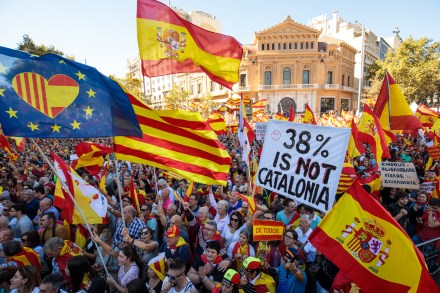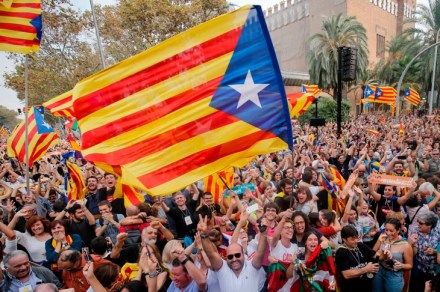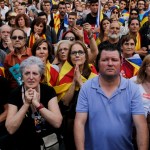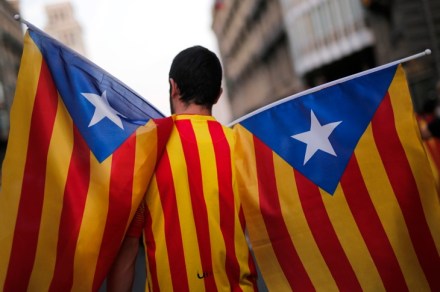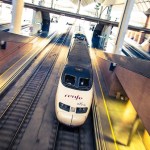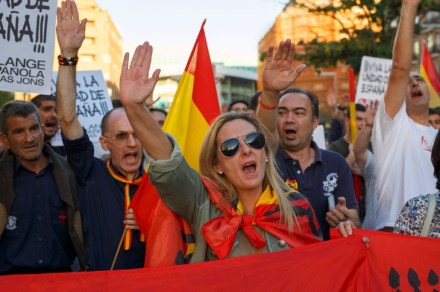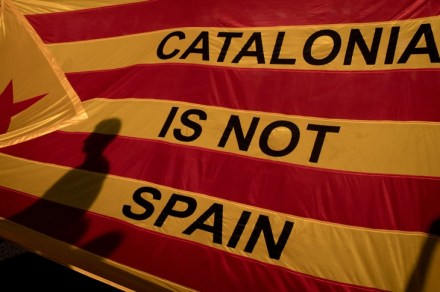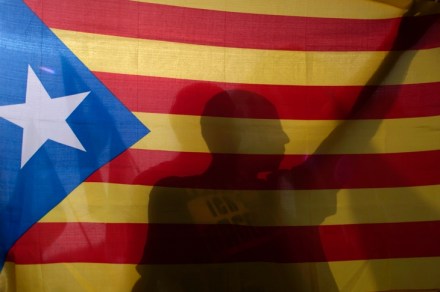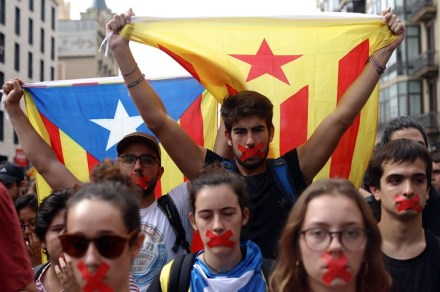The rock of ages past
How lazy, snobbish and wrong it is to mock Gibraltar for the lager and fish and chips clichés. Yes, you can get lager and fish and chips there; nothing wrong with that. The pint of lager I had in a pub in Gibraltar Main Street was excellent. And the funny thing is that, unlike consciously ‘British’ pubs in Rome or New York, there was no ersatz feel to it. It was exactly like a pub in Britain, down to the two middle-aged office workers in shirtsleeves, exchanging dull office chat, breaking off occasionally for low-level, awkward flirting with the barmaid, who was in her twenties. That’s what’s so gripping about



